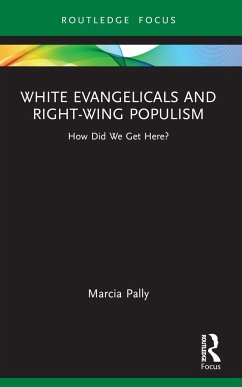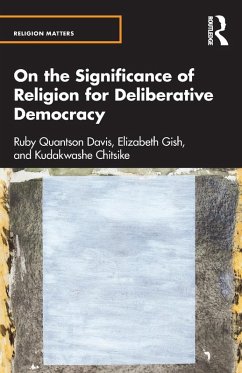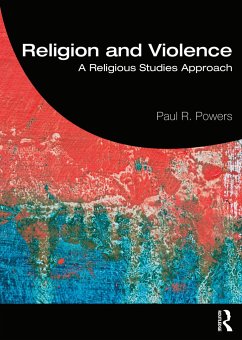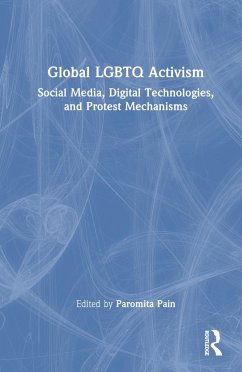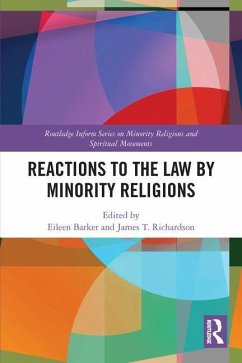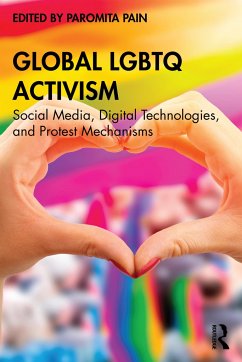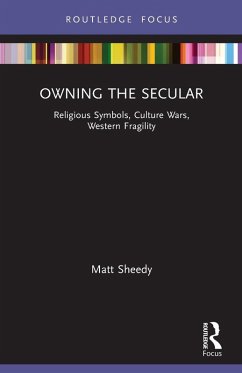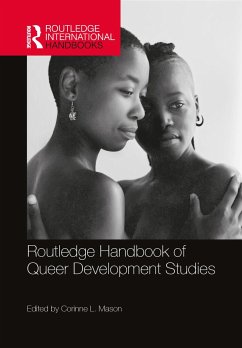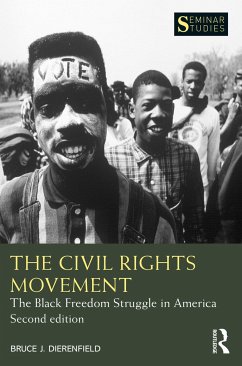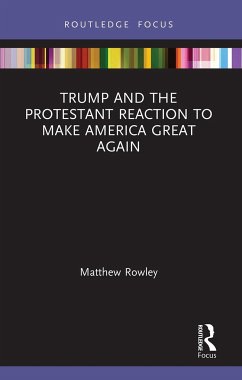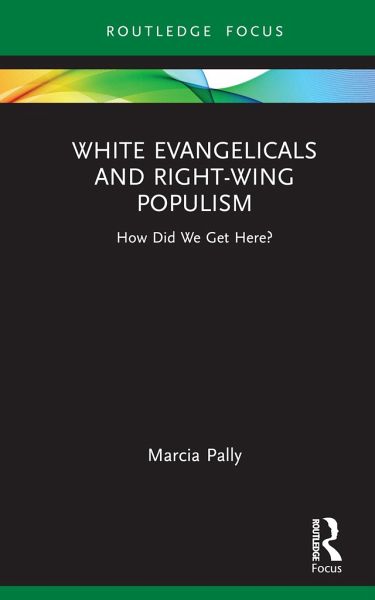
White Evangelicals and Right-Wing Populism
How Did We Get Here?
Versandkostenfrei!
Versandfertig in 6-10 Tagen
56,99 €
inkl. MwSt.
Weitere Ausgaben:

PAYBACK Punkte
28 °P sammeln!
How did America's white evangelicals, from often progressive history, come to right-wing populism? Addressing populism requires understanding how its historico-cultural roots ground present politics. How have the very qualities that contributed much to American vibrancy-an anti-authoritarian government-wariness and energetic community-building-turned, under conditions of distress, to defensive, us-them worldviews?Readers will gain an understanding of populism and of the socio-political and religious history from which populism draws its us-them policies and worldview. The book ponders the trag...
How did America's white evangelicals, from often progressive history, come to right-wing populism? Addressing populism requires understanding how its historico-cultural roots ground present politics. How have the very qualities that contributed much to American vibrancy-an anti-authoritarian government-wariness and energetic community-building-turned, under conditions of distress, to defensive, us-them worldviews?
Readers will gain an understanding of populism and of the socio-political and religious history from which populism draws its us-them policies and worldview. The book ponders the tragic cast of the white evangelical story: (i) the distorting effects of economic and way-of-life duress on the understanding of history and present circumstances and (ii) the tragedy of choosing us-them solutions to duress that won't relieve it, leaving the duress in place. Readers will trace the trajectory from economic, status loss, and way-of-life duresses to solutions in populist, us-them binaries. They will explore the robust white evangelical contribution to civil society but also to racism, xenophobia, and sexism. White evangelicals not in the ranks of the right-their worldview and activism-are discussed in a final chapter.
This book is valuable reading for students of political and social sciences as well as anyone interested in US politics.
Readers will gain an understanding of populism and of the socio-political and religious history from which populism draws its us-them policies and worldview. The book ponders the tragic cast of the white evangelical story: (i) the distorting effects of economic and way-of-life duress on the understanding of history and present circumstances and (ii) the tragedy of choosing us-them solutions to duress that won't relieve it, leaving the duress in place. Readers will trace the trajectory from economic, status loss, and way-of-life duresses to solutions in populist, us-them binaries. They will explore the robust white evangelical contribution to civil society but also to racism, xenophobia, and sexism. White evangelicals not in the ranks of the right-their worldview and activism-are discussed in a final chapter.
This book is valuable reading for students of political and social sciences as well as anyone interested in US politics.





